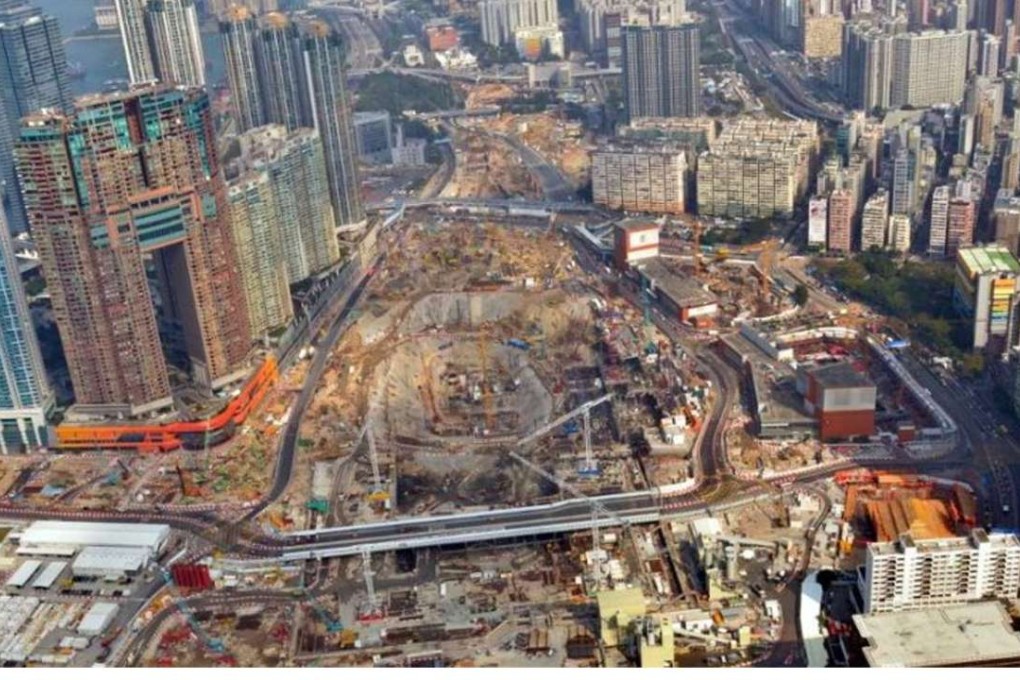My Take | Mistrust at heart of row over joint immigration checkpoint
Purpose of high-speed rail between Guangzhou and Hong Kong is defeated if travellers have to spend time dealing with two sets of officials

Setting up a joint immigration checkpoint at the future West Kowloon terminus for the Guangzhou-Hong Kong express rail link seems to have confounded the greatest legal minds of the government and the opposition.
Our outgoing chief executive, Leung Chun-ying, promised on Sunday to resolve the “difficult” issue before his term ends this summer. I wouldn’t hold my breath. We need to prepare for the very real possibility that there won’t be a satisfactory legal solution to the so-called co-location of customs, immigration and quarantine facilities at the terminus. In that case, add another 30-45 minutes of travel time for having to go through border clearance at two places. That defeats the purpose of having the high-speed rail in the first place.
I am no lawyer, so trying to follow their legal and constitutional arguments is just exasperating. Like most people, I just want a convenient, comfortable and quick way to clear the checkpoint in future travels to the mainland by high-speed rail. Hongkongers have the right to demand that, after paying a whopping HK$84.4 billion for the privilege.
Friendly countries have long worked out the logistics of clearing customs and immigration together without much fuss. Passengers on the Eurostar can go through French and British checkpoints before boarding the train. US immigration officers conduct pre-clearance in at least half a dozen countries.
Pan-democratic barristers love to point out we are not talking about border clearance between two sovereign states but under “one country, two systems”. You would think that should make resolution even easier, but apparently not.
